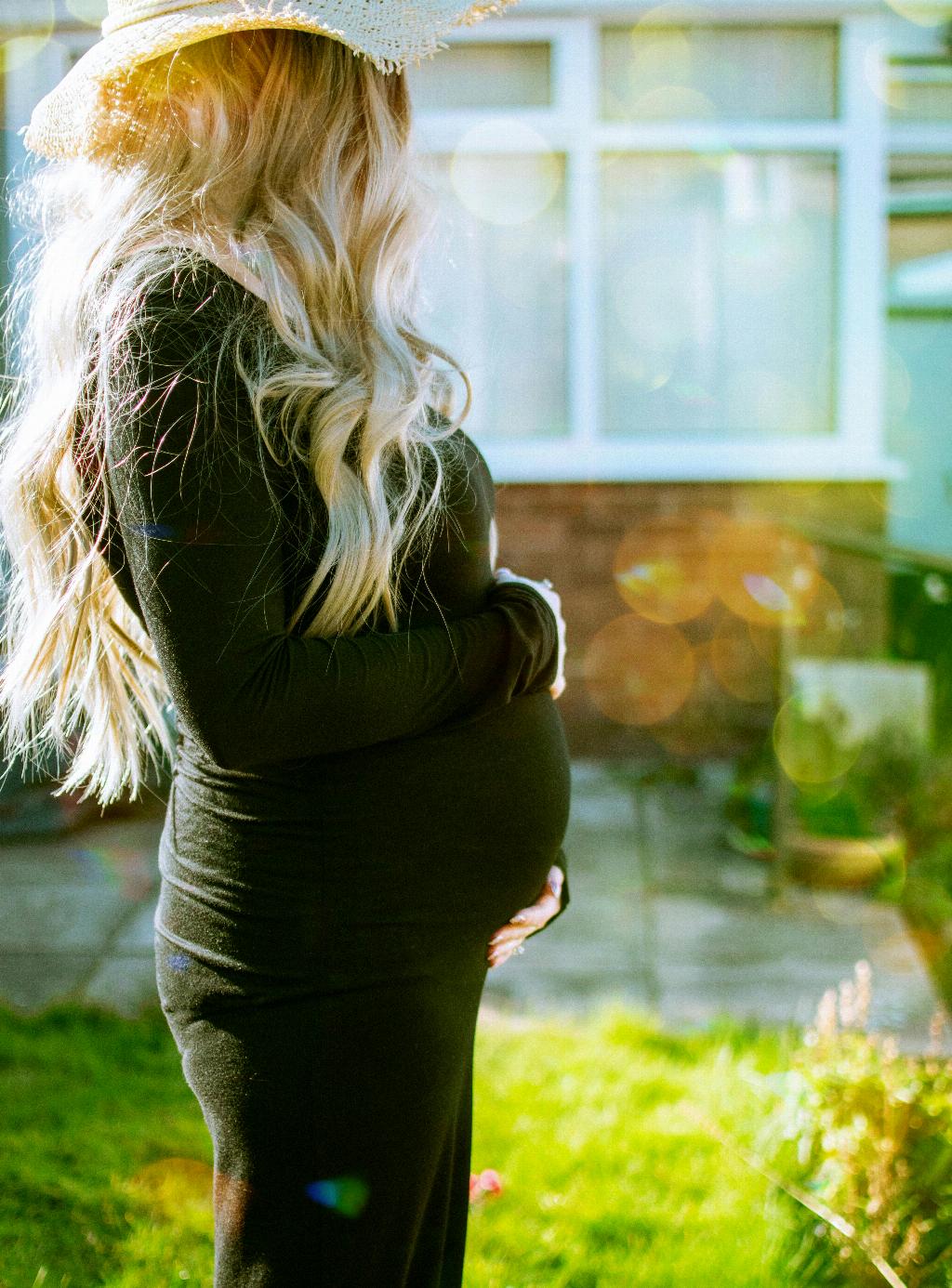When it comes to maternity leave in Ireland, there is certainly a lot to consider. The current laws in place ensure that mothers are entitled to a total of 42 weeks of maternity leave. This comprises of 26 weeks of paid leave and an additional 16 weeks unpaid. This means that new mothers in Ireland have the opportunity to spend precious time bonding with their newborn without having to worry about financial strain.
One of the key factors that determine the quality of maternity leave in any country is the duration of paid leave offered to new mothers. In Ireland, the provision of 26 weeks of paid maternity leave sets a positive tone. This generous amount of paid time off allows mothers to focus on their own well-being and that of their child without having to rush back to work prematurely.
Furthermore, the availability of unpaid maternity leave plays a crucial role in offering flexibility to mothers in Ireland. While the 16 weeks of unpaid leave may not provide financial compensation, it gives mothers the option to extend their time off work if needed, ensuring that they can prioritize their child’s needs without jeopardizing their job security.
It is important to acknowledge that the quality of maternity leave extends beyond just the duration of time off work. The support and resources available to new mothers during their maternity leave period also play a significant role in determining the overall experience. In Ireland, there are various services and programs in place to assist mothers during this significant period of their lives.
Additionally, the emphasis on work-life balance in Ireland contributes to the positive perception of maternity leave in the country. Employers are generally supportive of new mothers and strive to create a conducive environment that allows them to balance their professional responsibilities with their role as a parent. This approach fosters a sense of understanding and solidarity among colleagues, further enhancing the overall maternity leave experience.
Another crucial factor to consider when evaluating the quality of maternity leave in Ireland is the legal protections in place for new mothers. The existence of laws that safeguard the rights of pregnant women and new mothers in the workplace is essential in ensuring that they are treated fairly and equitably during this pivotal stage of their lives.
Moreover, the availability of additional benefits such as maternity pay and parental leave schemes further enhances the overall support system for new mothers in Ireland. These initiatives alleviate financial pressures and provide mothers with the necessary resources to care for their child without having to compromise on their own well-being.
Overall, when considering the various aspects that contribute to the quality of maternity leave in Ireland, it becomes evident that the country offers a comprehensive and supportive framework for new mothers. From the generous provision of paid leave to the emphasis on work-life balance and the legal protections in place, Ireland stands out as a progressive and empathetic society that values the well-being of its citizens.
Therefore, in response to the question “Does Ireland Have Good Maternity Leave?”, the answer is a resounding yes. The combination of adequate paid leave, flexible unpaid options, supportive workplace environments, legal protections, and additional benefits make Ireland a favorable environment for new mothers navigating the complexities of maternity leave.

